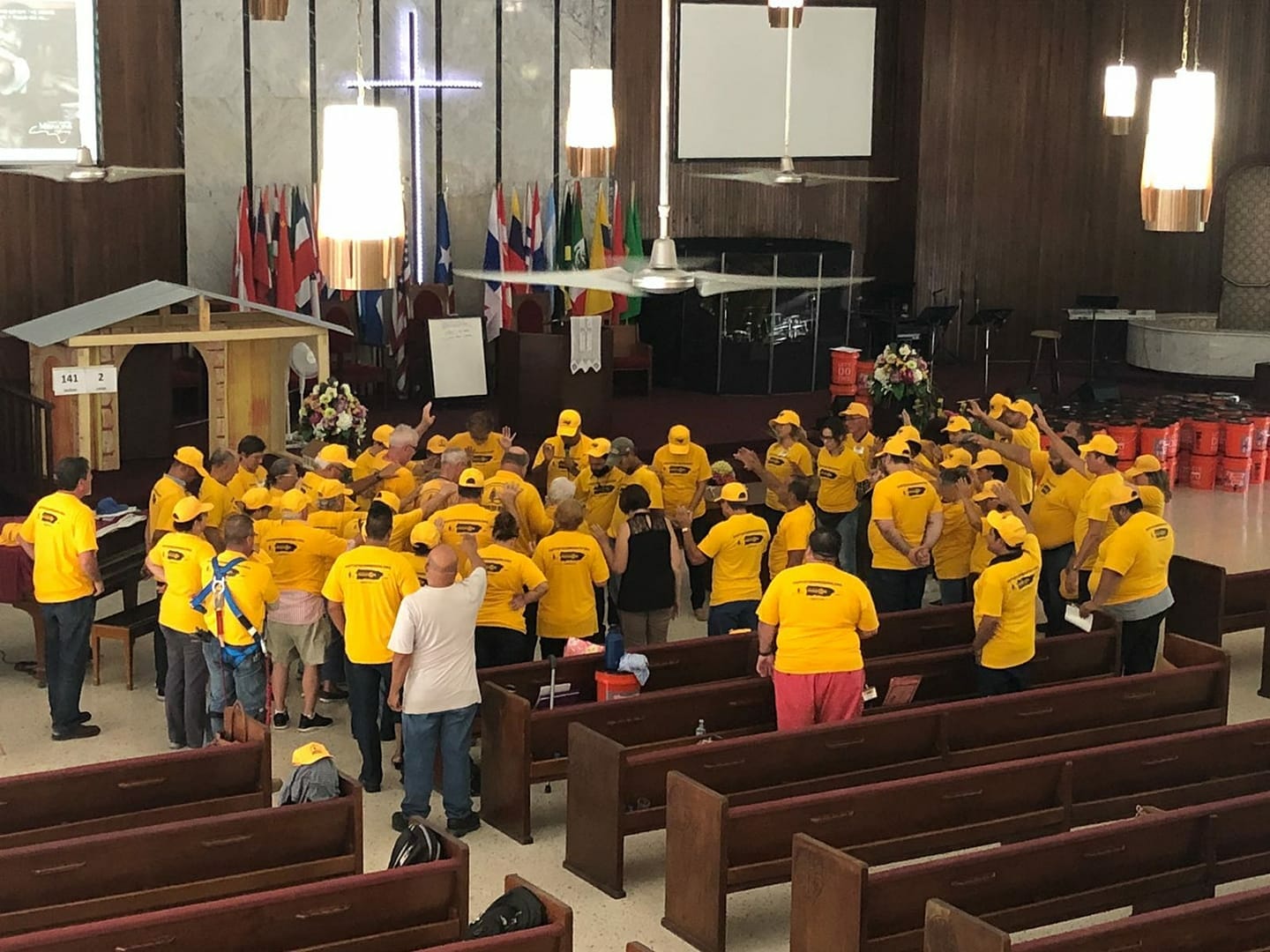Need brought us face to face with each other: atheist, humanist, Gnostic, Buddhist, Jew, Muslim, Christian—from Catholic to Pentecostal—and all in between. Barriers were down. Stereotypes were broken. “Rebel” college students cleaned debris, cut fallen trees and opened the roads to allow transit. “Unbelievers” became friends. The “other” became our neighbor, moving the community to cook for all the hungry—college students and professors, business owners, neighborhood residents, the homeless, the poor and rich, children and older adults, citizens and those lacking legal status. The community experienced miracles daily. More than 17,000 meals were served from a church kitchen in a three-month period. Thousands of pounds of food (850 grocery bags) kept coming from sources unknown, as we kept cooking it and giving it away. Brothers and sisters came to help from distances of thousands of miles. North Carolina Baptist Men, for example, arrived to purify more than 16,000 gallons of water in 28 municipalities and provide roofing for more than 120 buildings. They continue to serve, helping us to understand major disaster and how to recover from it. Unchurched community members are seeking funding opportunities so that the church can continue to serve. More than $50,000 is needed, for example, for two projects—an eight-week camp for children aged 6-15 and the purchase of solar panels and refrigeration for use in the event of another major disaster. The church has been designated as the community’s operation center for future disasters. People who volunteered during the emergency period regularly ask, “What’s next pastor?” and “How can I help?” And unchurched neighbors are our biggest supporters, allowing the church, during challenging times, to fulfill God’s mission of proclaiming the Good News of Jesus Christ. Over the course of only two weeks, Puerto Rico faced its biggest challenge in the last century—two Category 4 hurricanes back to back. The unprecedented damage to an already fragile infrastructure was certainly a challenge. While it was difficult for the working poor already struggling to survive paycheck to paycheck, it was also a struggle for those with money who were unable to acquire what they needed because banks and stores were closed, gas was unavailable and food was scarce. It was a challenge to the church to open our sacred spaces to all.


